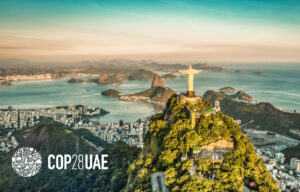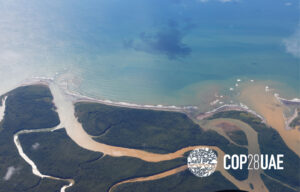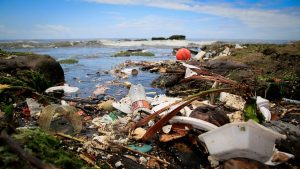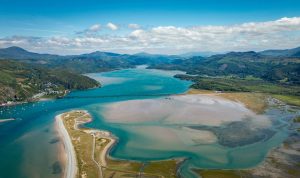S2S Platform at the GEF International Water Conference “Scaling up GEF investments – from source to sea and beyond – in the context of achieving the SDGs”, 9-13 May 2016, Sri Lanka
The GEF International Waters (IW) focal area targets transboundary water systems, such as shared river basins, lakes, groundwater and Large Marine Ecosystems. Today, the cumulative 25-year GEF IW portfolio consists of 242 projects with about US$1.5 billion of GEF grants and $8.7 billion in co-financing invested in 170 different GEF recipient countries. The GEF Biennial International Waters Conference (IWC) is the signature learning event for the GEF IW portfolio.
The Global Environment Facility (GEF) unites 183 member countries—in partnership with international institutions, non-governmental organizations, and the private sector—to address global environmental issues.
The 8th Biennial International Waters Conference (IWC8) took place on 9-13 May 2016 in Sri Lanka and was organized under the slogan “Scaling Up GEF IW Investments from Source to Sea and Beyond in the Context of Achieving the SDGs”.
Over the past year, the S2S Platform has supported the GEF Scientific and Advisory Panel (STAP) in an assessment of challenges and opportunities of governance and management in the Source to Sea continuum. During the conference, a session was organized by the S2S Platform Secretariat to introduce the work of GEF/STAP and the S2S Platform and to discuss recommendations for the GEF partnership to support robust program and project design in the source-to-sea continuum. Representatives from GEF/STAP, ICPDR, GWP-Med, SACEP and GEF Small Grants Programme participated as presenters and panelists to the session.
The key messages from the session “Governance and management of resources in a source-to-sea continuum – challenges and opportunities” highlighted the importance of:
- Political will and incentives for collaboration between upstream and downstream stakeholders
- Information, which identify sources of problems, to create such political will
- Options for green and blue economic growth, to provide incentives for collaboration
- Addressing power differentials among collaborators and stakeholders
- Governance, to strengthen institutional frameworks and mechanisms with mandates across all geographical segments in a source-to-sea system
The discussion in the session noted GEF’s unique position when it comes to its ability to support source-to-sea initiatives at the transboundary level. There is an opportunity to capitalize upon existing thematic and geographic linkages between the different GEF focal areas in source-to-sea systems and further scale-up efforts to address source-to-sea priorities.
The STAP Information Document “A conceptual framework for governing and managing key flows in a source-to-sea continuum: Summary and policy recommendations for the GEF Partnership” is now submitted to the 50th GEF Council Meeting, which will take place in June 2016.







